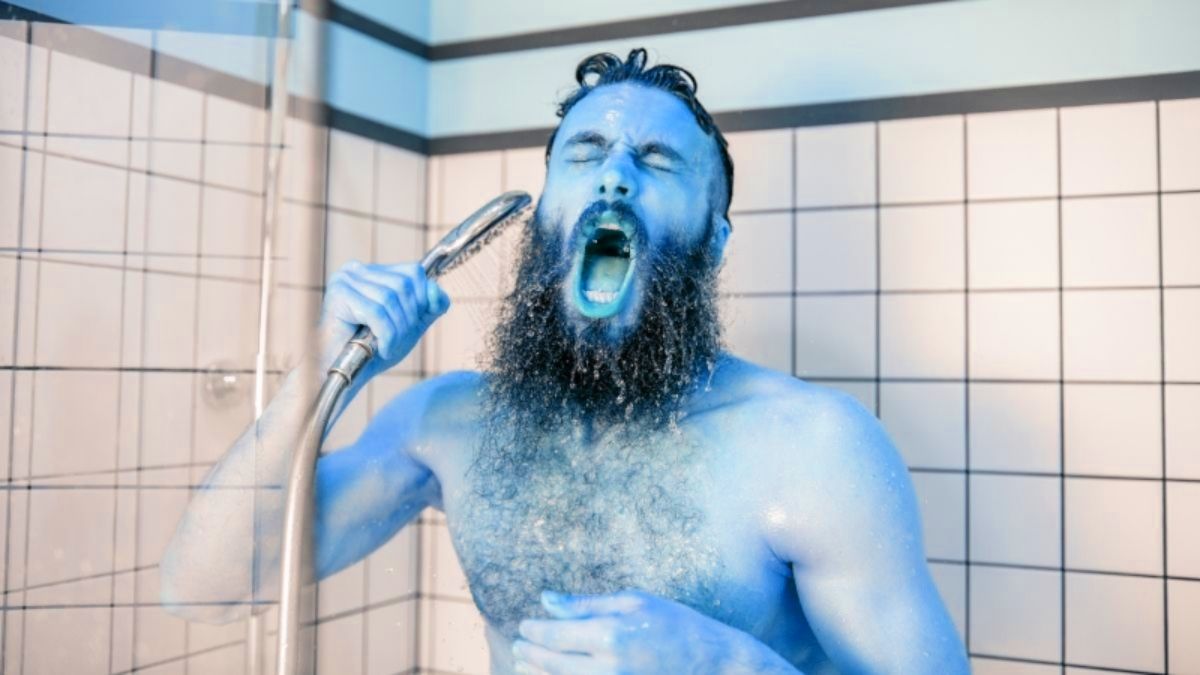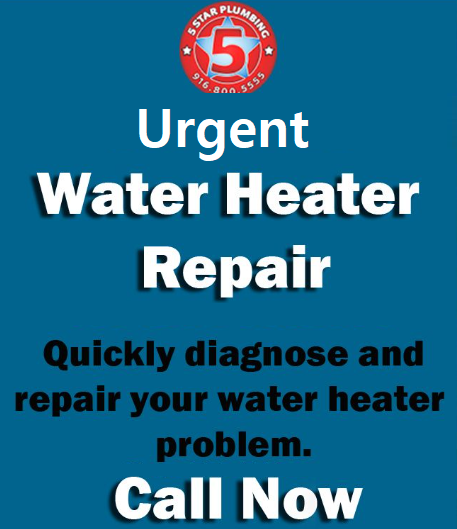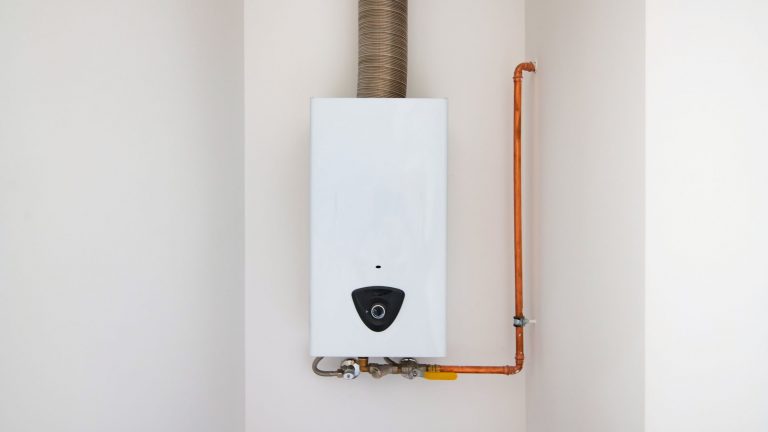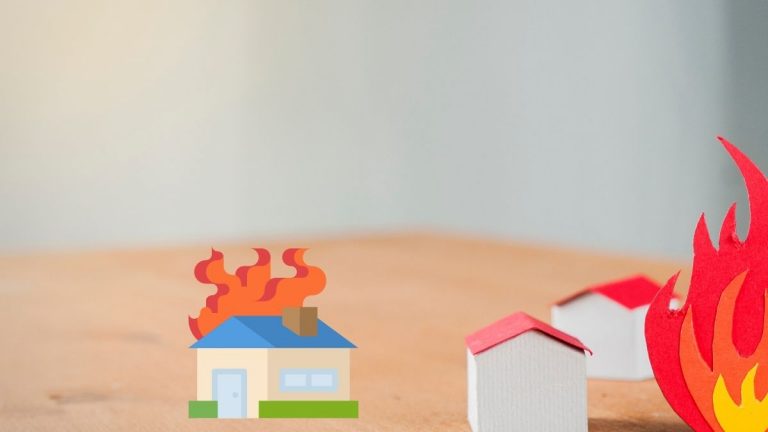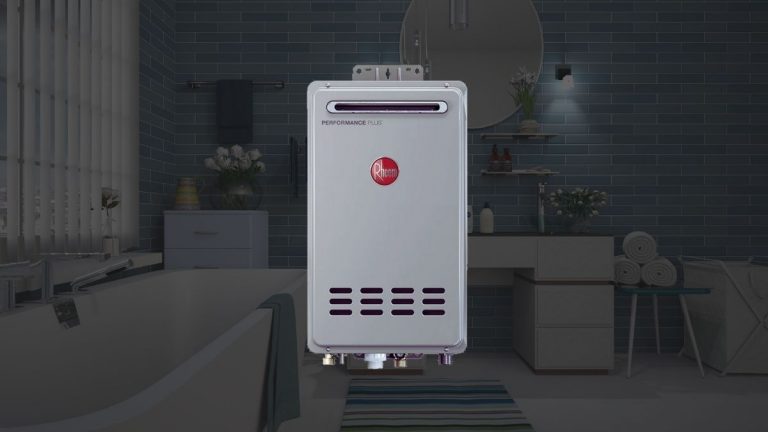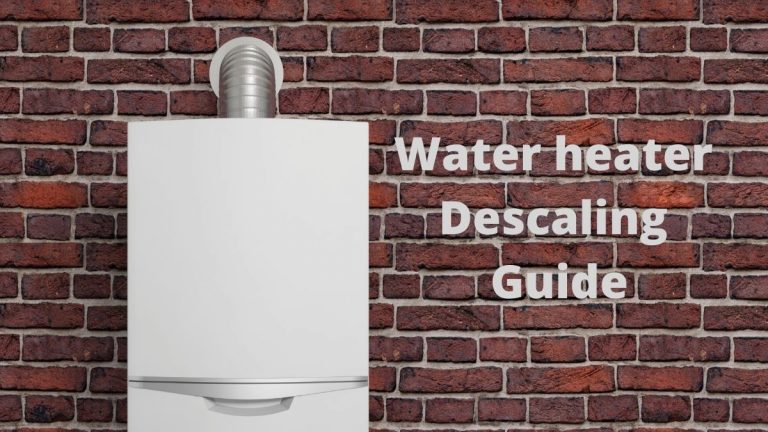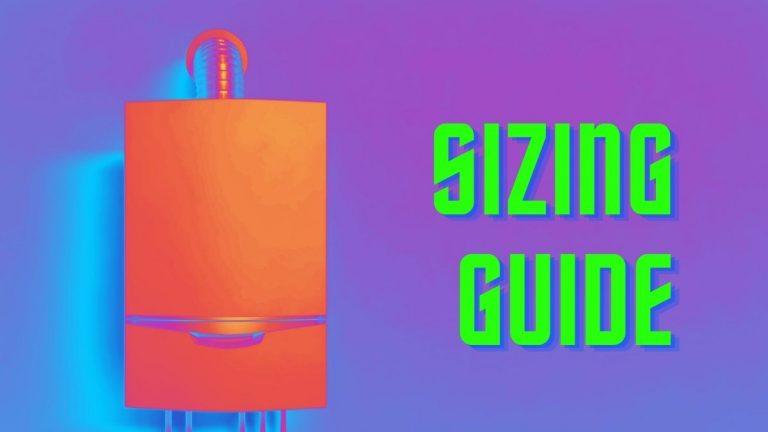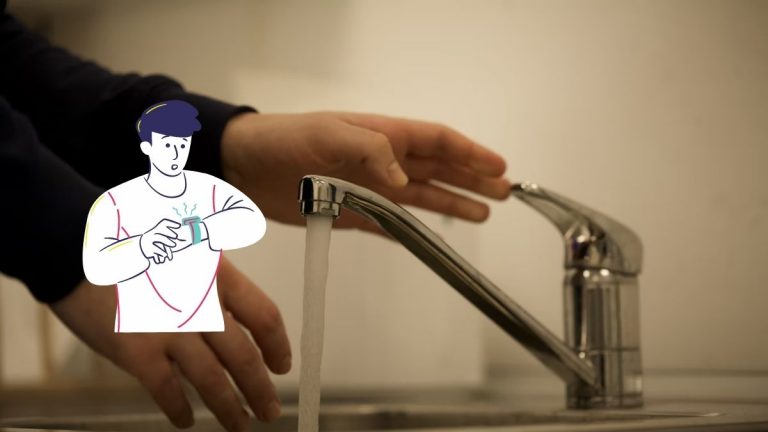8 Reason Tankless Water Heater Shuts Off During Shower+Fix
Are you tired of sudden cold water bursts? Want to know why your tankless water heater keeps turning off? Does your tankless water heater shut off during the shower leaving you with a cold blow? Keep reading, we have got you covered!
There can be a lot of reasons for your tankless water heater to shut off during the shower including a faulty flow sensor, lower temperature rise, not drawing enough water, tripped breaker, and many more.
Let’s discuss each of these potential culprits in detail and learn how to fix the water heater that’s been shutting off during the shower.
8 Reasons tankless water heater shuts off during a shower
1. Coldwater sandwich
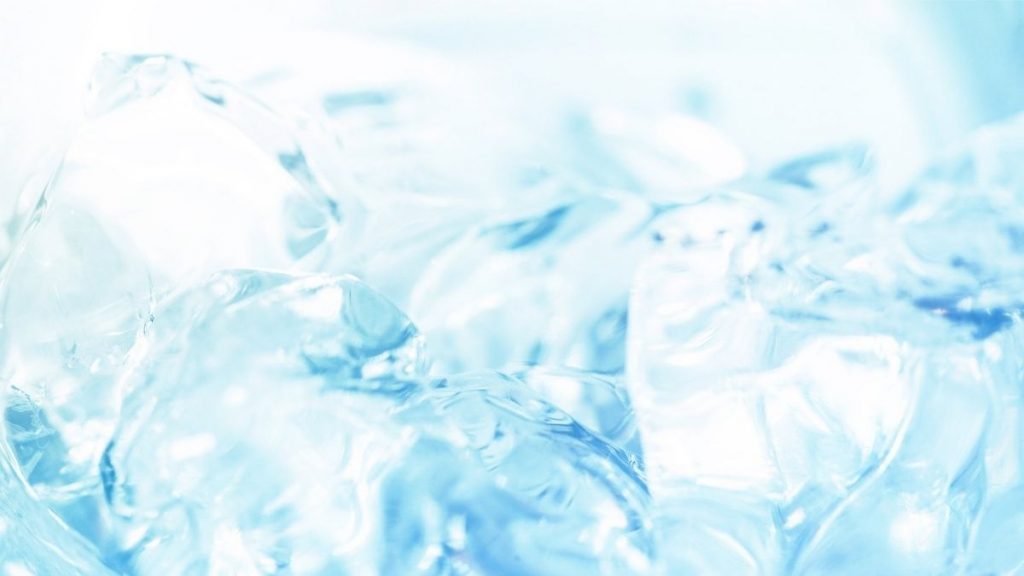
Coldwater sandwich is the fancy term for when you get hot water -then cold water for a minute – and then hot water again. This is a pretty common issue with water heaters. The longer the distance between the tankless water heater and the shower, the longer the experience will be, as it depends on the length of the pipe the water has to travel.
If this actually is the experience you are having then installing a recirculating pump or letting the initial few minutes of water drain makes sense. Here’s an in-depth guide on this topic.
2. Pushing tankless water heater to its limit
Tankless water heaters are “without tank” water heaters which are also called on-demand water heaters due to the fact that they only heat water when hot water is needed. And while these units can deliver hot water for an infinite time, there’s a limit to how much hot water you can get per minute. It’s called flow rate. When this flow rate limit is crossed, the water either gets lukewarm or cold.
So now there are a lot of ways you can cross this limit. For instance, there are multiple hot water fixtures being used at the time of taking the shower. Like using a sink, washer, or dishwasher while you are in the shower. Such situations overload the tankless water heater and it can’t heat water. This is a common issue with households where a tankless unit of the proper size is not installed.
To diagnose this problem, ask your family members to not use any hot water fixtures while you are in the shower. If this fixes the problem then you have found the culprit. Either install another unit in line or upgrade it. Here’s our guide to sizing tankless water heaters. And you can check out our top electric tankless units for the whole house.
3. Not drawing enough hot water through the shower
Just like the upper limit of maximum hot water flow that we discussed above, there’s also a lower limit with tankless units. It’s also called activation flow and is measured in GPM. If you don’t call enough hot water then the heater won’t ignite and you get cold water.
So the question is, are you using a low-flow, water-saving showerhead? If yes, then that could be an issue for your heater. Try to open a hot water tap while you take the shower and if this fixes the issue then change your showerhead with a standard one.
4. Problem with the breakers
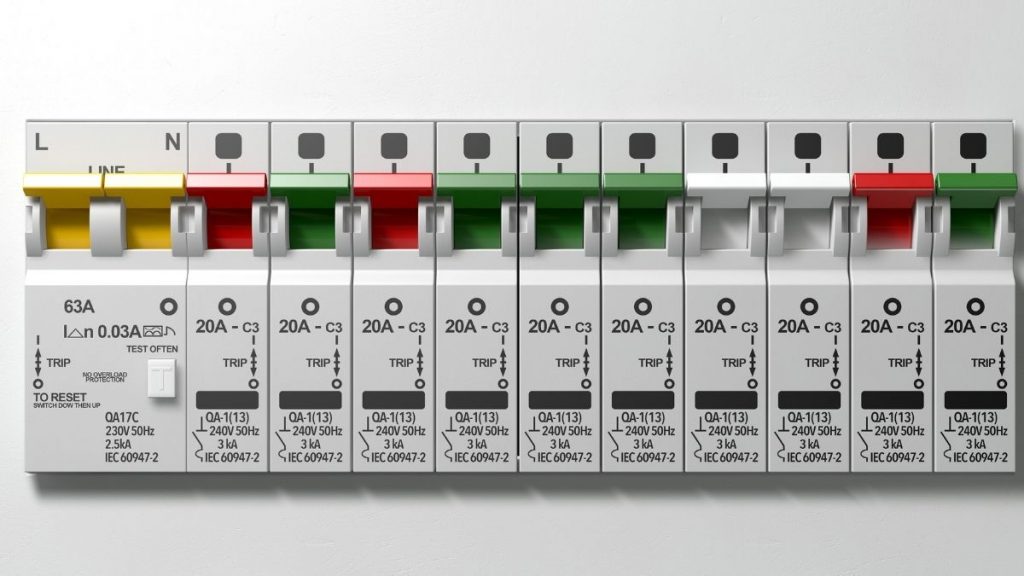
A tankless water heater doesn’t have to be shut off to send you cold water. As we talked about above, there can be a flow rate issue. But if you have actually been observing your water heater shut off then it could be an issue with the breakers that supply power to the water heater.
Check your main service panel for the breaker that’s labeled as the water heater. If it’s tripped then you will want to flip it back up and that should fix the problem. And if the breaker keeps tripping again and again then maybe it’s the power issue and you will want to call your electrician to check it out.
5. Your temperature rise demand is too low

This is a very common case with households in southern regions and especially if at that you have a gas-fired tankless water heater. In summer, the groundwater temperature is usually around 75°F so you need just a 25°F temperature rise for a shower at 1 GPM. The required heat input for this operation is just 12,500 BTUs. But you ask, “where’s the problem? “.
A standard Rinnai Ultra RUC98i needs at least 15,200 BTU for ignition. That means your water heater won’t even start if the minimum heat input is not met. This is another safety mechanism with the gas water heater to prevent scalding.
What you can try to diagnose this problem is open a sink fixture while taking the shower. If this fixes up the issue then either install a high-flow showerhead or raise the temperature.
Need a new heater? Don’t forget to go through our reviews of the best outdoor tankless water heaters.
6. Problem in your plumbing system
Plumbing as a whole has a lot of things that can go wrong.
For instance, mineral buildup in heat exchangers slows down the heating efficiency, and can even block or reduce water flowing through the pipes. If you haven’t maintained your water heater for years then it’s time to do now. Either call your plumber or do it yourself with the help of this flushing guide.
There can also be issues with the gas supply. Maybe you ran out of propane. Or if you have natural gas line then it’s also possible that either gas pressure or gas pipe size is not proper. I suggest getting it inspected by the plumber if no other issue is found.
7. Electric supply issue
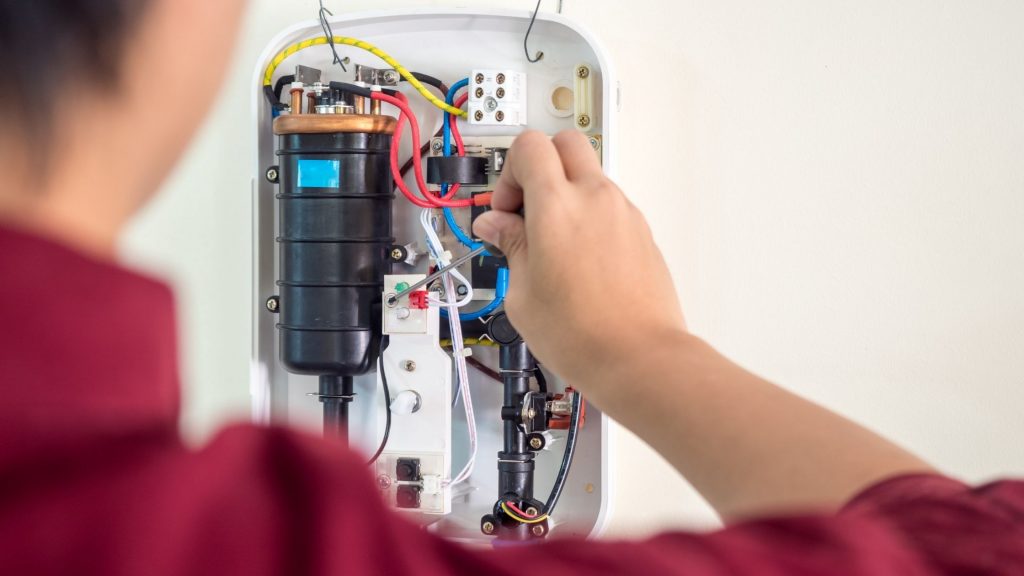
Apart from tripped breaker that we discussed earlier, there can be a problem with the tripped reset button. Maybe power supply wires or loose wires, this is rarely the cause though.
8. Faulty flow sensor
The flow sensor can be located at the inlet of the tankless water heater. Its function is to detect incoming cold water and ignite the heater so water can be heated.
If somehow this crucial sensor gets faulty then it can’t detect incoming cold water or at least be irregular at detecting which pretty much can explain the sudden tankless water heater shut off during the shower.
I think if that’s the case with your unit then it’s better left to the professional to replace the sensor.
If you have a water heating appliance in your home then this blog on signs your water heater is going to explode is a must-read.
Your call!
So that’s it for now! I hope this guide on troubleshooting the tankless water heater that shut off during the shower was helpful to you and you could get around the problem. If you find it hard to zero in on the issue then it’s best to call the plumber and let him do the job. Or better yet, you can also, install one of these point-of-use inline water heaters for showers that will be dedicated only to your long and soothing experience.

